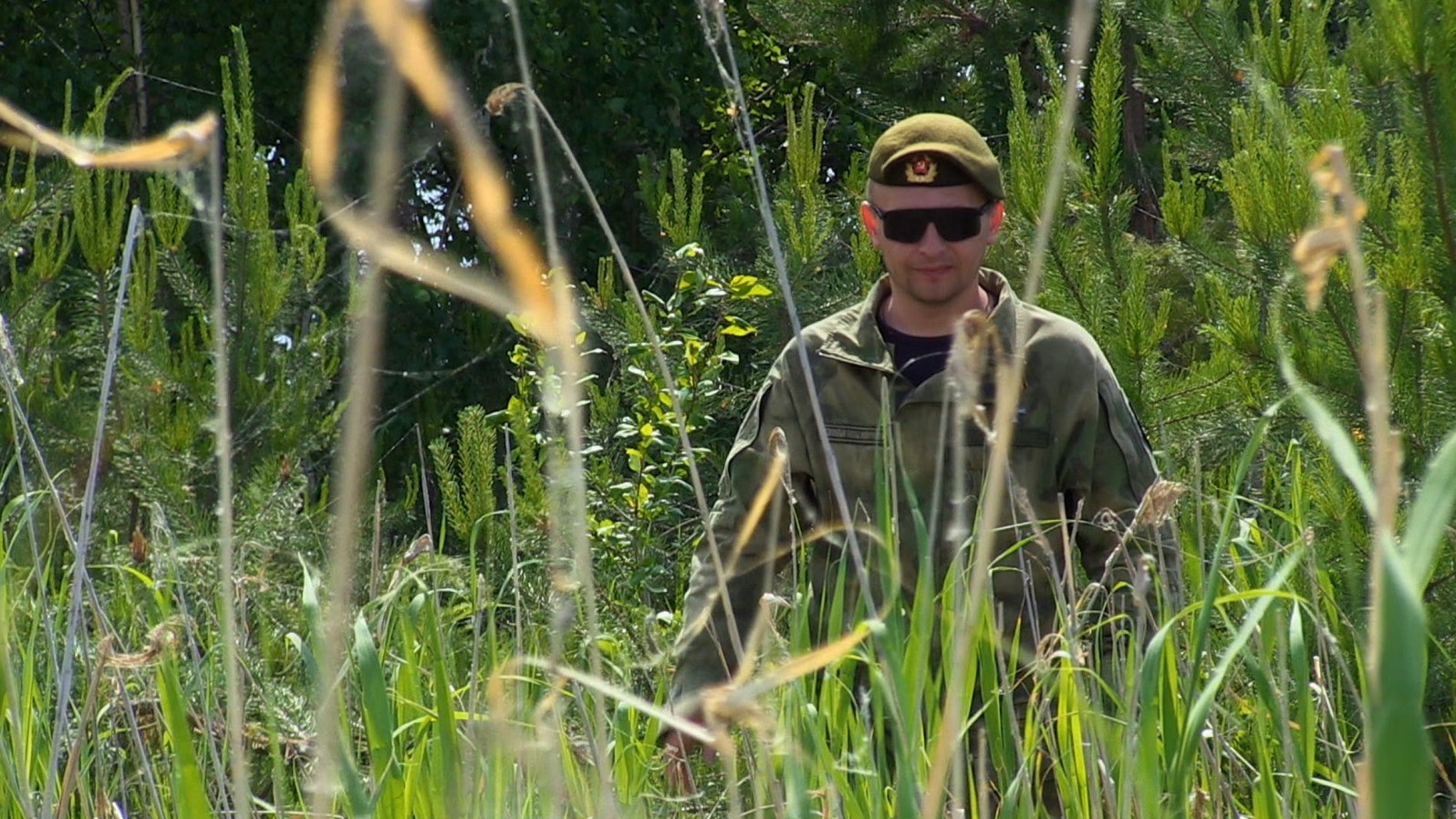Photo via Flickr user Mark Neustadt
Two years ago, researchers from Purdue University published a paper suggesting that combining booze and Red Bull—or any highly caffeinated beverage—could have a similar effect on our brains as doing fat rails of cocaine. Or at least, on the brains of adolescent lab mice. The results of their study also seemed to illustrate that repeated exposure to a caffeine-and-alcohol combination caused an increase in a protein in the brain that has been linked to forming both behavioral addictions and drug addictions.All studies of this kind—which feel practically designed to elicit breathless media coverage—come with the heavy-handed caveat that even the most rudimentary among us have brains that are quite unlike those of mice and that a single study is always inconclusive about broad behavioral trends. However, the researchers at Purdue believe that the changes in Teen Mouse Brains seen in this study could reflect what happens in human teens who mix alcohol and caffeine. “Combined with human data reporting the dangers of acute adolescent consumption of caffeine-mixed alcohol, our results should open up a dialogue about the potential safety risks and marketing strategies of highly caffeinated products to adolescents and young adults,” the authors wrote.Now, another team of researchers has suggested that cocktails like Red Bull and vodka cause an increase in aggressive, douche-bro behavior. (That’s not exactly the language they used in their paper, but…) For this study, scientists from the University of Portsmouth and the Federal University of Santa Maria in Brazil exposed zebrafish (so, again, decidedly not actual humans) to taurine—an amino acid that’s in a lot of energy drinks—alcohol, and a combination of the two, and then studied their behavior.Those researchers divided 192 zebrafish into shoals of four fish each, and each shoal was exposed to water only, taurine only, or a combination of taurine and alcohol at a concentration that “would induce moderate human intoxication”. The fish were then studied at three intervals, with a focus on how often they interacted with the other fish and how willing they were to engage with a faux “predator” fish.The fish that had marinated in the booze-and-taurine combo were less likely to engage with each other, but they did display more risk-seeking behavior, spending more time in what the researchers called the “predator zone” than the fish that had been exposed to taurine only or alcohol only. “We found that the addition of taurine, an ingredient in many 'energy' drinks, appears to exacerbate risky choices in zebrafish, as well as reducing their social cohesion,” Dr. Matt Parker, a co-author of the study and a Senior Lecturer in Behavioral Pharmacology and Molecular Neuroscience at the University of Portsmouth, told ScienceDaily. “Taken together, these data appear to suggest that mixing alcohol and taurine might be a factor in increasing some of the negative effects of alcohol. People should be aware that drinking energy drinks in combination with alcohol may impair their judgement, and should do so with caution.”Parker also said that his group’s study was the first to show that this combination of taurine and alcohol could cause intoxicated individuals (or at least intoxicated fish) to feel less fear, while increasing the risk that they’d fight or demonstrate “risky behaviors.”Although more research is obviously needed to better understand how conclusive the correlations seen in these studies are and whether they apply to humans, Red Bull preemptively denies that there’s any connection between Red Bull, booze, and bad behavior. “There is no indication that Red Bull Energy Drink has any specific effect (negative or positive) related to alcohol consumption,” the company states on its website. “This was confirmed by leading global authorities like the European Food Safety Authority (EFSA), which concluded in 2015 that it is unlikely that caffeine interacts adversely with other typical constituents of energy drinks or with alcohol.”Sure. But try telling that to the belligerent zebrafish. Or anyone who's ever been to a bar.
“We found that the addition of taurine, an ingredient in many 'energy' drinks, appears to exacerbate risky choices in zebrafish, as well as reducing their social cohesion,” Dr. Matt Parker, a co-author of the study and a Senior Lecturer in Behavioral Pharmacology and Molecular Neuroscience at the University of Portsmouth, told ScienceDaily. “Taken together, these data appear to suggest that mixing alcohol and taurine might be a factor in increasing some of the negative effects of alcohol. People should be aware that drinking energy drinks in combination with alcohol may impair their judgement, and should do so with caution.”Parker also said that his group’s study was the first to show that this combination of taurine and alcohol could cause intoxicated individuals (or at least intoxicated fish) to feel less fear, while increasing the risk that they’d fight or demonstrate “risky behaviors.”Although more research is obviously needed to better understand how conclusive the correlations seen in these studies are and whether they apply to humans, Red Bull preemptively denies that there’s any connection between Red Bull, booze, and bad behavior. “There is no indication that Red Bull Energy Drink has any specific effect (negative or positive) related to alcohol consumption,” the company states on its website. “This was confirmed by leading global authorities like the European Food Safety Authority (EFSA), which concluded in 2015 that it is unlikely that caffeine interacts adversely with other typical constituents of energy drinks or with alcohol.”Sure. But try telling that to the belligerent zebrafish. Or anyone who's ever been to a bar.
Advertisement
Advertisement
